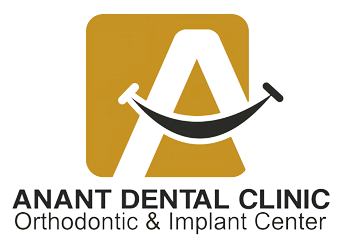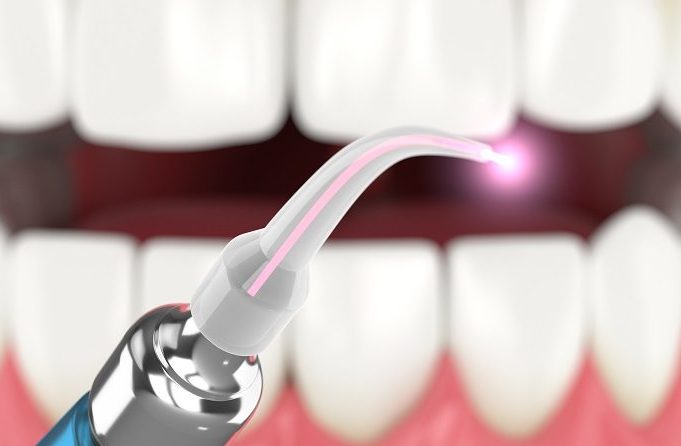Laser dentistry can be a precise and effective way to perform many, if not all dental procedures. They have been introduced in dentistry in the 1990s.
All lasers work by delivering energy in the form of light. When used for surgical and dental procedures, the laser acts as a cutting instrument or a vaporizer of tissue that it comes in contact with. When used for “curing” a filling, the laser helps to strengthen the bond between the filling and the tooth. When used in teeth-whitening procedures, the laser acts as a heat source and enhances the effect of tooth-bleaching agents.
There are several advantages to using lasers compared to the traditional dental drills.
- Some procedures when performed with a dental laser do not require the use of an anaesthetic injection, hence it allows for a more relaxed dental experience for the patient.
- May eliminate the use of stitches in some cases
- Healing of the tissue is painless, quick and more predictable
- Less treatment time required
- Less bleeding during a surgical procedure.
Since this is a state of the art technology, treatment done through lasers is more expensive compared to traditional methods. If you are more of an apprehensive patient, ask us today if dental lasers can be used to complete your treatment.
Laser dentistry is like using a magic wand to treat dental problems. It involves using special lasers to perform a variety of dental procedures with precision and minimal discomfort.
Here’s what you need to know about laser dentistry:
Types of Lasers: There are different types of lasers used in dentistry, including diode lasers, erbium lasers, and carbon dioxide lasers. Each type has its own specific uses and benefits.
Gentle Treatment: Laser dentistry is often less invasive and more gentle than traditional dental techniques. It can reduce the need for anesthesia and minimize bleeding and swelling during procedures.
Common Uses: Laser dentistry can be used for a wide range of procedures, including cavity detection, gum disease treatment, gum reshaping, root canal therapy, and teeth whitening.
Precision: Lasers allow dentists to target specific areas of the mouth with precision, making treatment more efficient and effective.
Comfort: Many patients find laser dentistry more comfortable than traditional methods, as it often involves less drilling, vibration, and noise.
Overall, laser dentistry offers many benefits for patients, including faster healing times, reduced discomfort, and improved outcomes. If you’re interested in laser dentistry, consult with a qualified dentist to see if it’s the right option for your dental needs.

